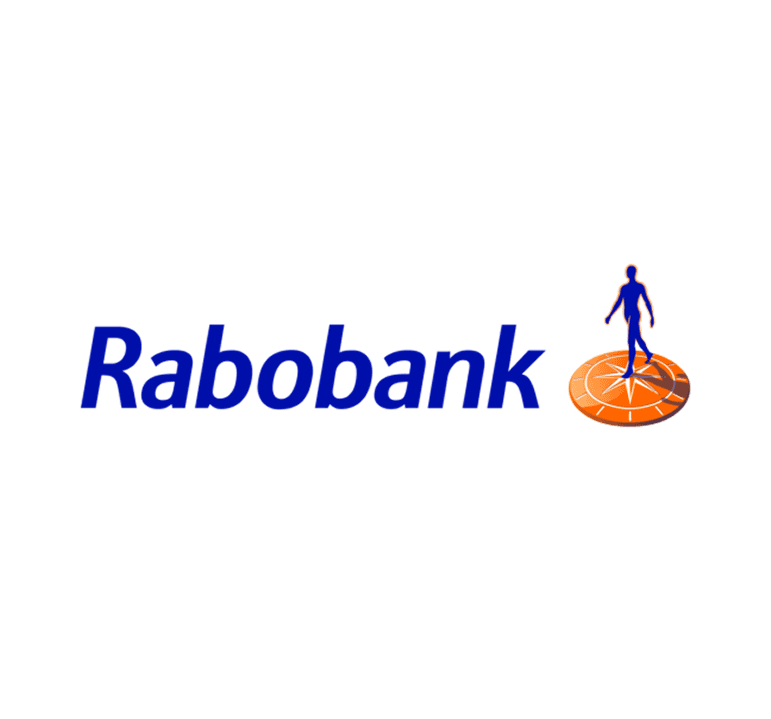
Finance deforestation-free soy production
 Rabobank
RabobankSummary
By linking crop loans to forest protection, the initiative helps soy farmers expand responsibly while safeguarding native vegetation and avoiding deforestation.
Key resources
Context
Brazil’s Cerrado biome faces increasing deforestation due to soy expansion. Rabobank Brazil’s strategy focuses on financing sustainable agriculture that goes beyond legal requirements, helping farmers preserve native vegetation while maintaining productivity.
Solution
The Responsible Commodities Facility (RCF) is an initiative supported by Rabobank, a multinational cooperative bank, that provides USD 60 million in crop financing for soy farmers in the Brazilian Cerrado, raised through its innovative blended environmental finance structure.
The facility offers low-interest loans to farmers who comply the RCF’s eligibility criteria and commit to zero deforestation of native vegetation for expansion of soy cultivation, and to maintain in their farms forest cover over and above the minimum required by law (“excess native vegetation”), preventing negative climate impacts and loss of natural habitat.
Key elements in the structure include:
Farmers commit to maintaining native vegetation above legal requirements.
Financing structure allows for multiple investors to participate, combining value chain partners (Tesco, Sainsbury’s and Waitrose) alongside impact funds (Mobilising Finance for Forest (MFF) and AGRI3, with commercial banks/ Development Financial Institutions (Rabobank and IDB Invest)
Environmental oversight by an independent committee including UNEP and The Nature Conservancy
Strong credit rating (brAA-) supports investor confidence.
The professional structure of the facility is enabling it to reach scale. An increasingly diversified portfolio, originated in partnership with Rabobank, associated with lower loan concentrations and different sources of capital layered across different tranches, have de-risked the investments, resulting in an investment grade credit rating for the senior tranche. This, in turn, will enable us the Responsible Commodities Facility (RCF) to scale well beyond what impact investor capital alone could support. The reduced interest incentive for farmers (in return for zero deforestation commitment) is made possible through the mix of concessional and commercial investors. The support from the retailers makes this a unique program that shows that value chain partners collaborations with various financial institutes can accelerate and scale impactful initiatives.
Impact
Sustainability impact
Climate
The initiative targets Scope 3 emissions, specifically Category 2: Capital Goods. By preventing deforestation, the initiative avoids significant GHG emissions associated with land-use change. Estimated impact is indirect but substantial due to avoided deforestation across 90,000 hectares.
Nature
Protects the Cerrado region’s biodiversity by conserving 90,000 hectares of native vegetation, including 28,915 hectares beyond legal requirements.
Social
Supports local farmers with stable financing, enabling sustainable livelihoods and long-term land stewardship.
Business impact
Benefits
Combining efforts between Sustainable Investment Management (SIM) and Rabobank strengthens the
Responsible Commodities Facility (RCF), making it scalable through promotion towards Rabobank clients.
For Rabobank it strengthens their client relationships in Brazil.
It enhances reputation and alignment with global sustainability goals for all involved investors.
Builds cross-regional collaboration between Rabobank teams, co-investors (retailers and development financial institutes) and partners (SIM, environmental board members UNEP, TNC, CI, Proforest, IPAM).
Costs
Costs for setting up the Responsible Commodities Facility (RCF) initiative have been relatively high in the initial years. Costs have been made on setting up the legal and credit structure. At the same time, much time and effort is spent on bringing in new investors. This has been a success as Mobilising Finance for Forests (MFF) and IDB Invest joined- evidencing that the structure is robust and ready to scale. As the Responsible Commodities Facility (RCF) is revolving (and evolving) overall costs will reduce significantly, which will benefit the ultimate interest rates charged to farmers to reward them for their conservation commitments.
For 2025/2026 the Responsible Commodities Facility (RCF):
Provided USD 60 million total financing
Structured risk-sharing across investor tranches (junior, mezzanine and senior tranches with different return requirement)
Minimized costs through crop-secured lending and strong credit rating of the loan portfolio
Observed Technical assistants grants made available by AGRI3 to strengthen the environmental impact at farm level.
Impact beyond sustainability and business
Co-benefits
Unique proposition of the Responsible Commodities Facility (RCF) is the global collaboration between public and private sectors and with value chain partners
Strengthens farmer resilience and long-term land value
Embeds the importance of conservation activities in a structure that rewards farmers for such conservation effort
Potential side-effects
Risk of non-compliance by farmers; mitigated through strict eligibility and monitoring
Market dependency on soy prices; addressed via contract-based financing
Implementation
Typical business profile
Agribusinesses in soy (or other commodities) production
Financial institutions with blended finance capabilities
Companies with Scope 3 land-use emissions
Currently only focuses on Brazil, but the financing structure could potentially be implemented in any other jurisdiction with the right partners
Approach
Identify eligible farmers with deforestation-free practices and surplus of legal reserves
Structure financing with risk-sharing tranches
Secure crop and contracts as collateral
Monitor compliance and environmental impact
Engage independent oversight committee
Stakeholders involved
Project Lead: Sustainable Investment Management (SIM) is the Cerrado program coordinator, and brings together all partners
Beneficiaries: Cerrado based soy farmers
Liquidity providers:
UK retailers (Tesco, Sainsbury’s and Waitrose),
Impact funds: Mobilising Finance for Forests (through FMO, Dutch Entrepreneurial Development Bank), AGRI3 fund
Senior investors: IDB Invest and Rabobank Brazil
Within Rabobank, the deal team consisted of different departments: Rabobank Rural & Wholesale, Specialized lending, Blended finance (at Rabo Partnerships) and Sustainability.
Other service providers:
Environmental Advisory Board (UNEP, TNC, CI, Proforest, IPAM and BVRio)
CRA management by Opea Securitizadora
Credit and monitoring agency Traive
Legal advisor Pinheiro Neto Advogados
Key parameters to consider
The 4th round of investment of the Responsible Commodities Facility (RCF) is an important milestone, as it proves the mature blended finance model by adding new partners like Mobilising Finance for Forests (MFF) and IDB Invest. The previous years, with support of retailers, AGRI3 and Rabobank have resulted in proof of concept and the facility is ready to scale.
Implementation timeline: it is a seasonal facility, to be rolled over and expanded for the coming years
Average lifetime: annual renewal
Requires legal land-use compliance and environmental monitoring
Geographically relevant to Cerrado; scalable to other biomes
Supported with grants from AGRI3 fund for environmental impact at farm level
Implementation and operations tips
Align financing with environmental goals early
Ensure strong stakeholder coordination
Use independent oversight to maintain credibility
Communicate benefits clearly to farmers and investors
Important to identify entities willing to join the program at junior/mezzanine levels early in the process